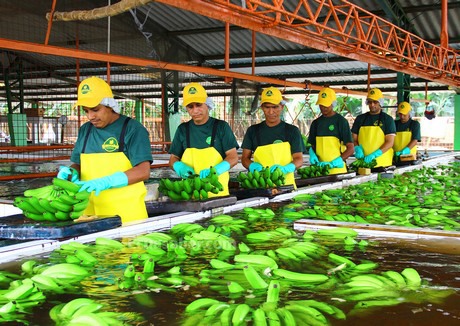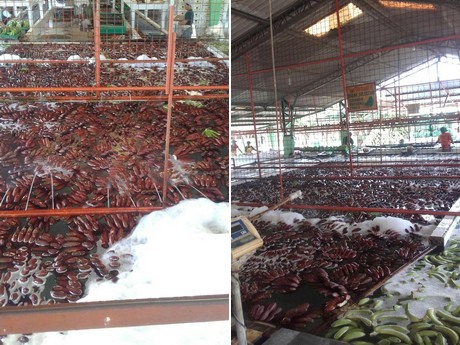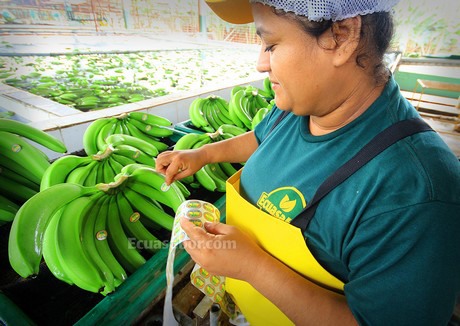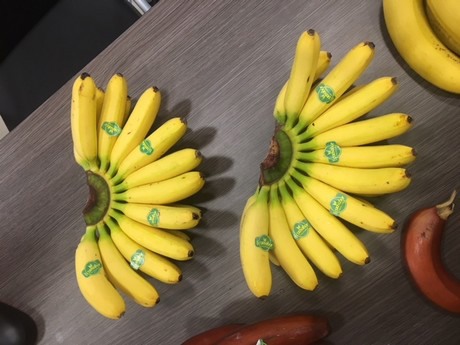"Although the demand for bananas is divided into two distinct stages, a high and a low season, there are also climate factors or limitations in the shipping that end up directly affecting the fruit's prices," explains Marianela Ubilla, of Agzulasa, Ecuador.

The year 2018 started with high prices in the market due to the low exportable supply from Ecuador at the end of 2017, which was a result of the intense rains recorded in the first semester of that same year. "The exportable supply in Central America and Mexico was also limited by the cold wave that hit these producing countries in the first quarter of 2018. This, together with the strikes in Honduras, resulted in skyrocketing prices, but this unprecedented price trend lasted until week 11, when prices plummeted prematurely in Ecuador."
Marianela says that prices recorded drastic changes, plummeting as a result of changes in international transport logistics. The problem was the limited supply of shipping spaces and containers, in addition to the mergers of shipping lines and the increase in exports from Latin America. In Ecuador, all this coincided with a 5% increase in banana exports in the first half of 2018.

"The supply will depend on the intensity of climate change"
"In the year 2019, Ecuador should try to continue boosting its banana exports due to an improvement in the country's productivity; a result of the effort and commitment of the producers, who have sought to work more efficiently and, in turn, reduce their production costs. However, the exportable supply of all banana producing countries will depend on the intensity of climate change," says the exporter.
The year started with a large exportable supply due to a drastic change in the weather, which went from cold and cloudy to sunny, rainy and hot, accelerating the fruit's growth. The consequent imbalance between the supply and the demand is expected to regulate gradually, and prices will soon increase.

However, the closing of contracts has been slow for Ecuador due to the rise of maritime freight and logistics costs in the country. Such increases are difficult to handle for the consumer markets, given the sudden price changes, and to make matters worse, there is also the circumstance that discounters are pushing banana purchase prices down.
"The European markets are increasing their volumes, just like China, which has been purchasing larger volumes in preparation for the Chinese New Year's celebrations."

Fruit Logistica
This year, the company will again be present at the Fruit Logistica fair in Berlin. It will be seeking new customers for the strengthening of its range of musaceae: bananas, plantains, baby bananas and red bananas in their different brands, such as Ecuasabor, Akebana and Kassandra.
For more information:
Marianela Ubilla
Agzulasa
Ecuador
T: +593 98 985 2027
E: mubilla@zulay.com
www.ecuasabor.com
